Property management and leasing have undergone a major digital transformation over the past decade. Today, landlords, real estate companies and property managers rely on solutions to improve their business and increase revenue.
Among these options, property management and leasing are important for property management, rental agreements, leasing documents, financial transactions, etc. However, before discussing the benefits and features of real estate and property management, it is important to understand how they are managed.
Building and operating such a system is expensive. In this article, we will look at all the factors that affect the cost of infrastructure and infrastructure management, including the short-term costs and long-term benefits to your organization.
What Is Property Management Software?
Property management software is a tool that allows property owners and managers to easily manage their property. Powerful software management tools can improve productivity and overall performance. This helps businesses make decisions. The software can also manage various business processes, including rent collection, maintenance requests, and tenant communications.
The global management market is expected to grow at a compound annual growth rate (CAGR) of 5.6% from 2022 to 2030, according to a recent study. The UAE's diverse population makes it a country with many economic opportunities.
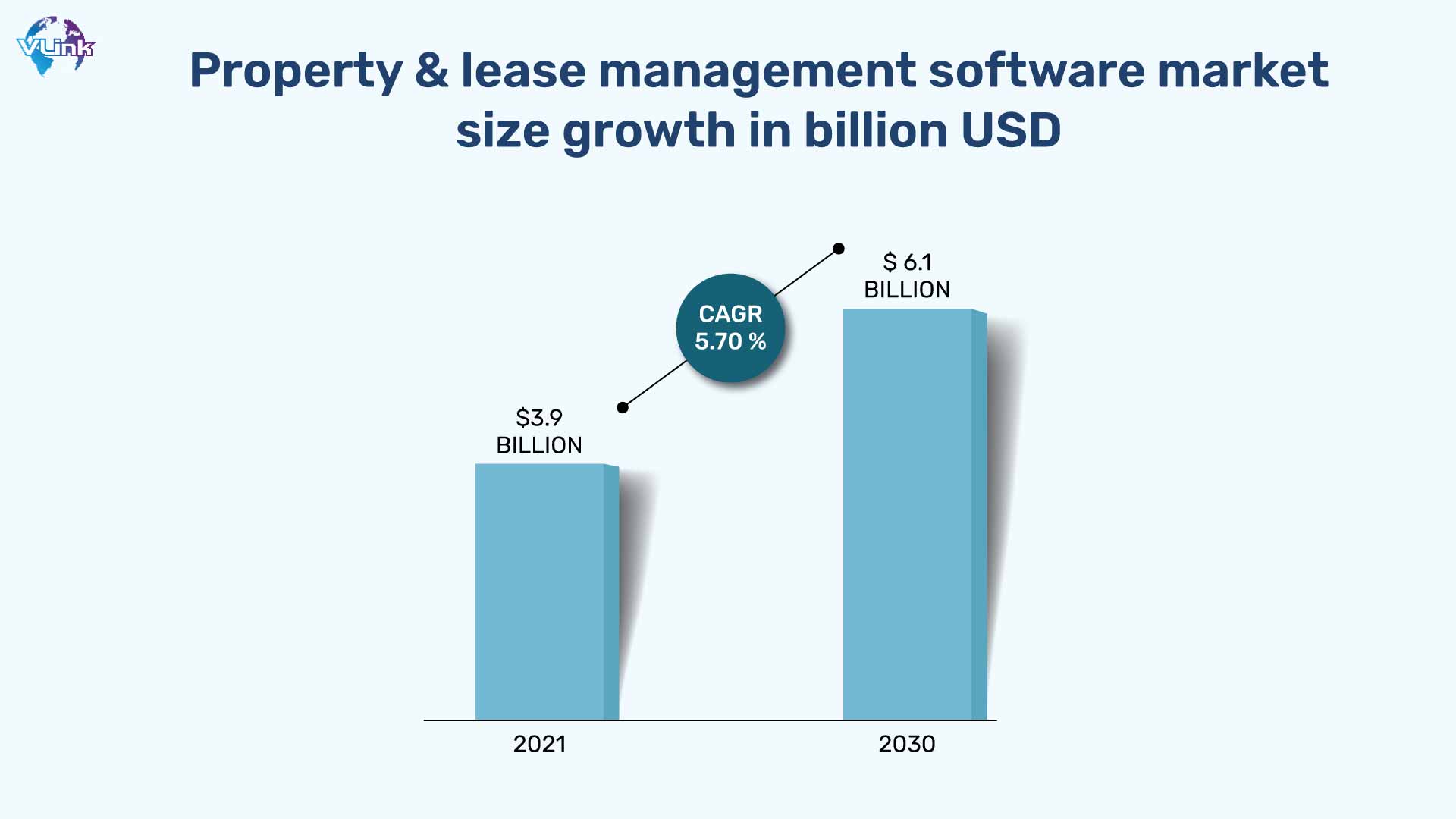 Now is the time to invest in real estate and property management that will help you leverage digital transformation. Changes in consumer preferences and behaviors have shaped traditional wealth management. But you also need to be able to provide better customer service.
Now is the time to invest in real estate and property management that will help you leverage digital transformation. Changes in consumer preferences and behaviors have shaped traditional wealth management. But you also need to be able to provide better customer service.
Types Of Property & Lease Management Software
Various types of property management software are available, and selecting the right one for your business is crucial. Here is a breakdown of different property management software categories:
Primarily designed for residential property managers, this software facilitates the management of properties like apartment buildings, single-family homes, and condominiums. The residential property management platform simplifies the organization of tenant data, rental agreements, contact details, and rental history.
Tailored for brokers and real estate owners dealing with commercial properties such as retail spaces, offices, and warehouses, commercial property management systems offer features like tenant screening, lease administration, rent collection, financial reporting, and maintenance tracking. These features enhance the efficiency of managing commercial properties.
Specifically crafted for the hospitality sector, hotel management software aims to boost productivity, enhance customer satisfaction, and streamline operations. This application covers various services, including reservation administration, inventory management, housekeeping management, financial reporting, and billing.
Designed for real estate managers overseeing industrial facilities like warehouses, factories, and distribution centers, industrial property management systems provide features such as supply chain management, equipment management, leasing management, and maintenance tracking. Building such an application can significantly contribute to effective property management in the industrial sector.
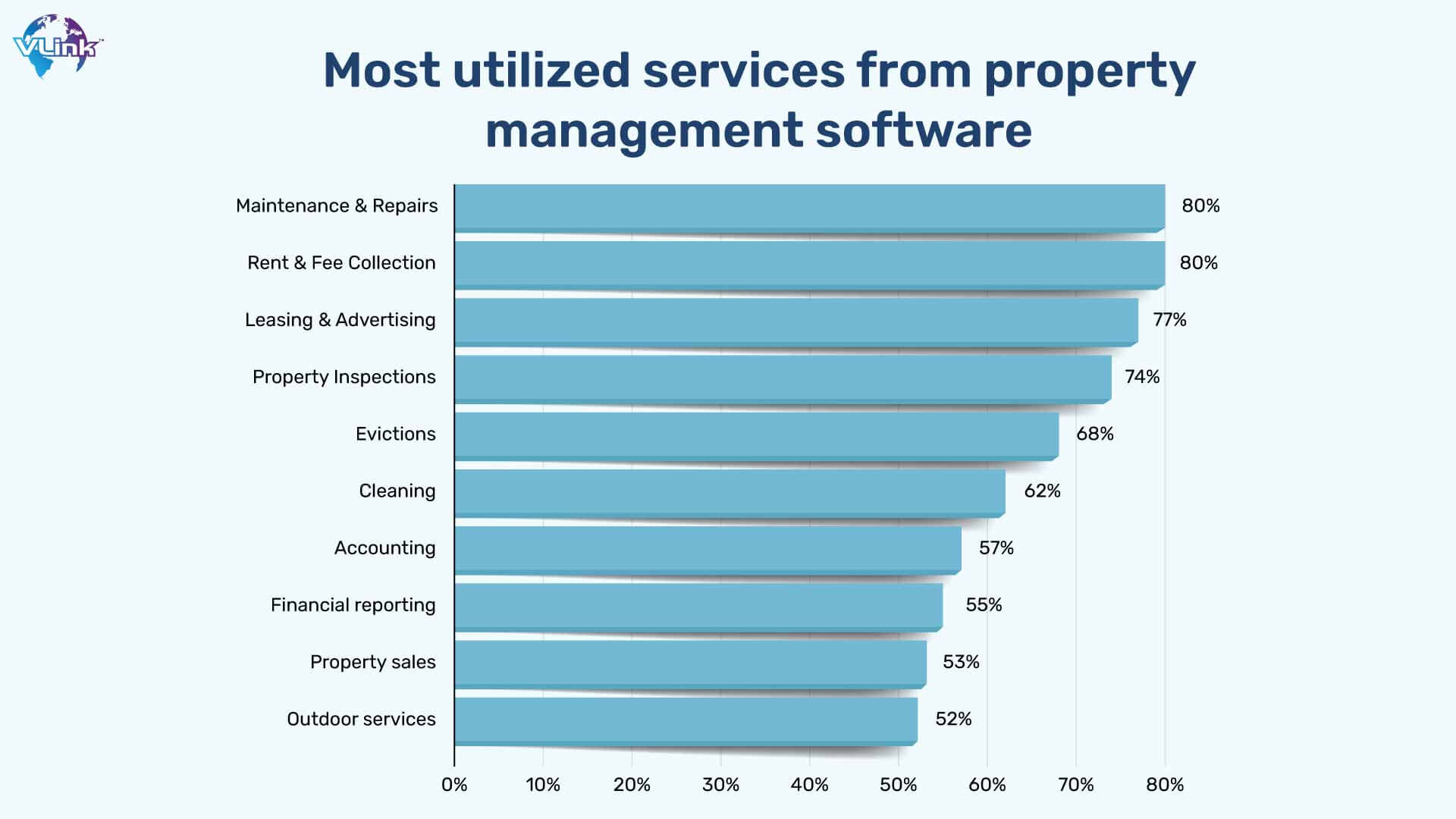
Why Do You Need Property & Lease Management Software?
Property and lease management software plays a crucial role in streamlining and optimizing the complex processes involved in managing real estate assets. Here are several reasons why such software is essential:
- Time Savings
Automation of routine tasks, such as rent collection, lease renewals, and maintenance requests, saves significant time for property managers. This allows them to focus on strategic decision-making and improving tenant satisfaction rather than getting bogged down by administrative tasks.
- Improved Communication
Integrated communication tools within the software enable seamless interaction between property managers, landlords, and tenants. This contributes to improved transparency, faster issue resolution, and stronger relationships with tenants and property owners.
- Financial Management
Property management software offers robust financial management features, including rent collection, expense tracking, and reporting. This ensures accurate financial records, facilitates budgeting, and helps property managers make informed financial decisions.
- Maintenance Tracking
Property management software allows for the efficient creation and tracking of maintenance requests and work orders. This ensures timely resolution of issues, contributes to tenant satisfaction, and helps maintain the property in good condition.
- Tenant Screening & Selection
Integrated tools for tenant screening and background checks assist property managers in selecting reliable and responsible tenants. This contributes to a more secure and stable tenant base, reducing the risk of property damage or non-payment.
- Data Security
Storing sensitive information, such as tenant details and financial records, in a secure digital environment ensures data integrity and protects against unauthorized access. Modern property management software often employs robust security measures to safeguard information.
- Scalability
As a property management business grows, the ability to scale operations becomes crucial. Property management software designed for scalability allows for the easy addition of new properties and tenants without compromising efficiency.
- Analytics & Reporting
Robust reporting and analytics features provide property managers with valuable insights into property performance, financial trends, and vacancy rates. This data-driven approach supports informed decision-making and strategic planning.
Property and lease management software is an indispensable tool for modern property managers. It enhances efficiency, reduces manual workload, improves communication, and contributes to overall business success by providing a comprehensive and integrated solution for managing real estate assets.
Crucial Features of Property & Lease Management Software
Building a property and lease management software requires some crucial features to be integrated during the development phase. Here is the list of those features which you should focus on:
- User Registration
Signing up for the software is easy – users can register using their official email addresses or phone numbers for a smooth and efficient process. Alternatively, they can use their social media credentials to create an account.
- Profile Verification
After real estate agents register on the software, they need to validate their credentials by entering a security pin sent to their email or phone number. Once their profile is verified, they can start using the software and choose their profile type – seller, buyer, etc.
- Browse Properties
Users can explore listed real estate properties, complete with property details and well-curated images. For an informed buying decision, the software offers a detailed 360-degree view of the property.
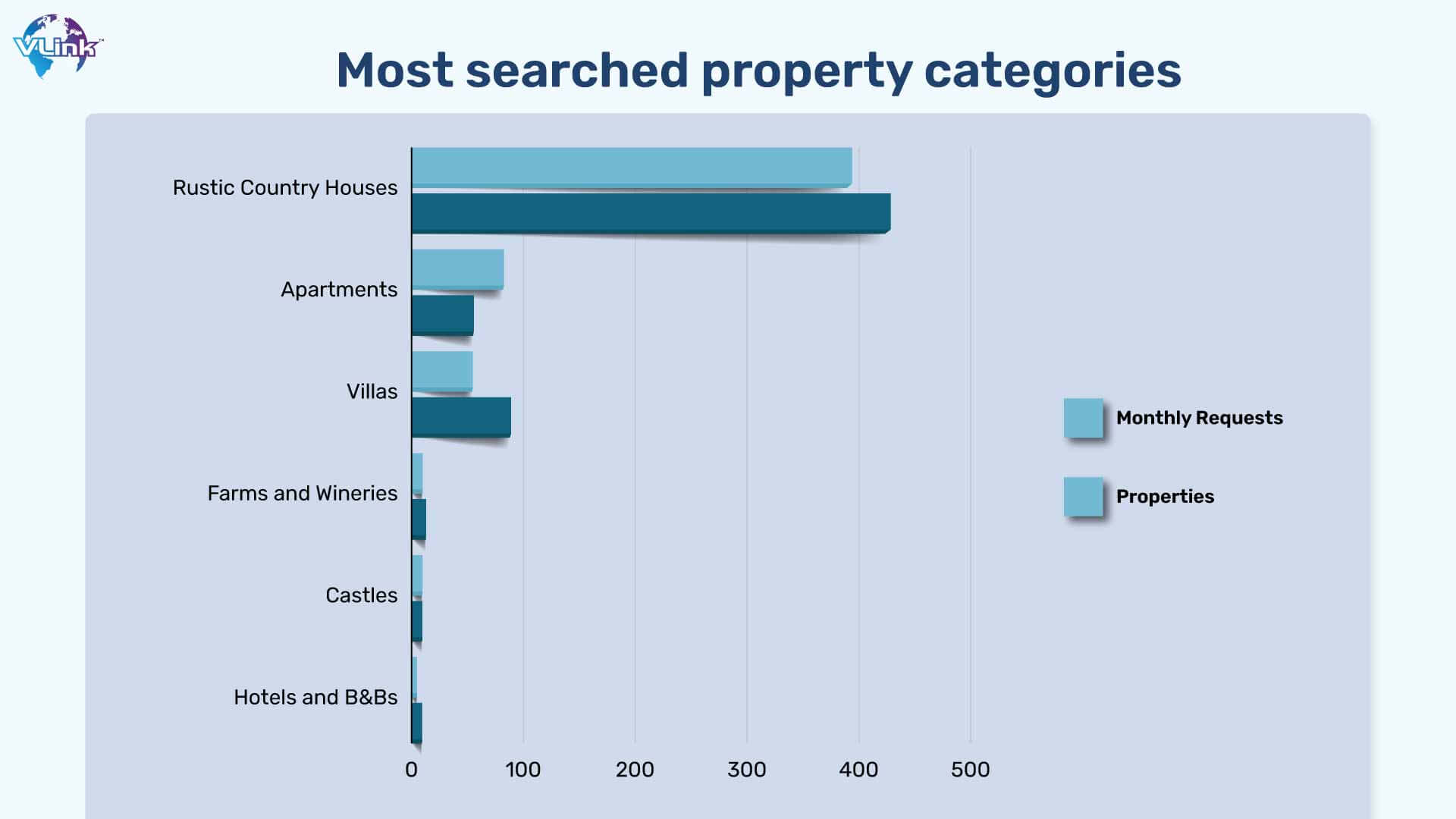
- Filter/Search Properties/Brokers
Utilizing the search bar, users can look for properties in specific areas or locations. They can also apply multiple filters to tailor results according to their unique buying requirements.
- Detailed Property View
This feature provides users with an in-depth view of the property, including specifications, area location, and contact details of the listing broker.
- Chat Support
The software includes a 24x7 chat support feature, allowing users to seek help regarding a property without sharing their contact details. They can connect instantly with the support team through the in-app chat feature.
- Multi-lingual Support
Users can access the software in their preferred language hassle-free, thanks to the multi-lingual support feature.
- Currency Converter
To enhance understanding of cost constraints, the software offers a currency converter, allowing users to view property prices in their native currency and plan their buying decisions effectively.
- User Management
Admin can efficiently manage multiple buyers and brokers, accessing and streamlining their data to facilitate the buying and selling of properties.
- Property Management
The admin has the capability to oversee every property listed in the software. This sought-after lease management software feature enables the admin to add or remove properties seamlessly with just a few clicks.
- Revenue Management
This feature empowers the admin to maintain accurate records of all revenue generated from property sales, advertisements, property listings, commissions, and deals.
- Managing Offers and Discounts
Admins have the authority to decide when to offer discounts, loyalty points, and special deals on multiple properties listed on the software.
Factors Affecting Cost of Property Management Software Development
Now that you know what property and lease management software and which features can make it a complete platform, let’s discuss the crucial factors that will help you determine its development cost.
The magnitude and complexity of the property and lease management software development project plays a significant role in determining costs. The larger and more intricate the project, the more time and resources it requires.
For instance, a straightforward property management software handling rental agreements, payments, and maintenance requests would be less costly than a comprehensive solution encompassing accounting, maintenance scheduling, tenant portals, and reporting.
The degree of customization needed for property and lease management software can notably impact development costs. Customization involves tailoring the program to meet specific client requirements, often demanding more time and resources compared to using a pre-packaged solution. Additionally, the complexity of customization tends to increase overall project expenses.
The choice of technology stack in property and lease management software development is another cost influencer. Employing cutting-edge technologies and programming languages such as Python, Java, and .NET can elevate development expenses.
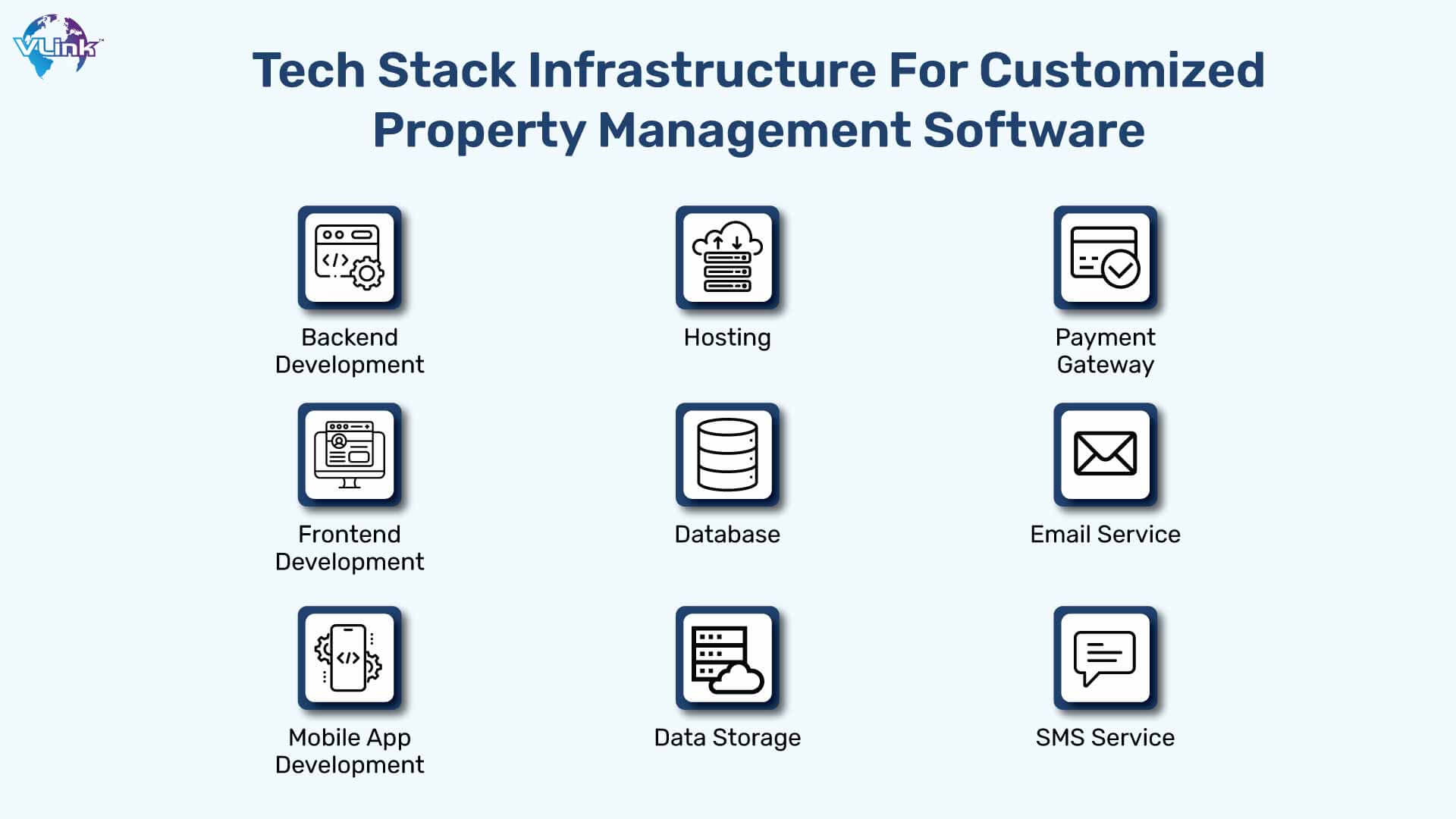 Integration of third-party tools and applications, including payment gateways, communication tools, and reporting tools, may further contribute to increased development costs.
Integration of third-party tools and applications, including payment gateways, communication tools, and reporting tools, may further contribute to increased development costs.
Designing property management software with a good UI/UX concept is the key to success. Transparent software design can improve user engagement and retention. Meeting customer needs requires numerous testing procedures that affect software development cost management.
The experience level of the development team is a critical factor affecting costs. An experienced team can develop software more efficiently and cost-effectively. Conversely, less experienced developers may require additional time to learn and adapt to new technologies, potentially escalating development expenses.
The geographical location of the development team is another consideration influencing the cost of property and lease management software development.
Developers in wealthier countries like the United States, Canada, and Europe often command higher hourly rates compared to those in less affluent regions like India and the Philippines.
Opting for offshore development may be a cost-effective alternative if the team possesses the necessary expertise and experience.
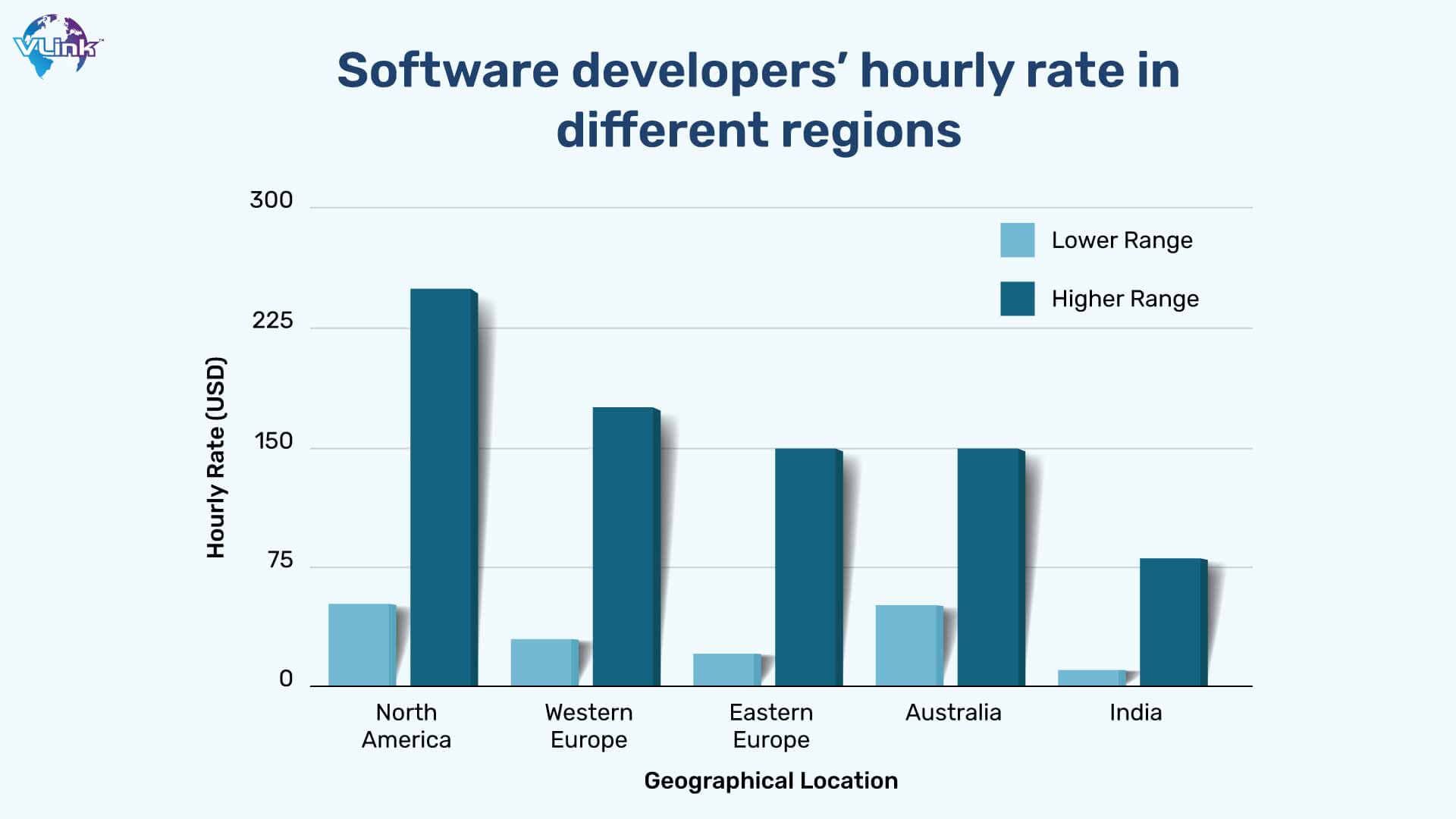
Proper software maintenance is essential for the overall growth of the digital ecosystem. It's important to take the necessary steps to ensure your software performs well and provides consistent visibility across all platforms.
Maintenance costs are not only the costs necessary to ensure that the software is bug-free, but also the costs necessary to deliver new software or technology based on business needs.
Determining The Cost of Property Management Software Development
Depending on these factors, the cost of developing a software management tool for a software development company can range from tens of thousands to several hundred thousand dollars. For a small, simple project, you can expect to pay between $50,000 and $75,000.
For a high-end software system with advanced features, you can expect to pay between $200,000 and $300,000 or more. These are rough figures so you don’t need to rely on them as they can vary according to your project requirements.
Property management software development costs can vary depending on your specific needs and the software development company you choose. You can also add post-launch or after-deployment costs as well, because you’ll need timely maintenance and updates for your property management software. So, make sure you cover these aspects as well to determine the actual cost.
Vlink’s Cutting-edge Solutions for Your Customized Software Needs
In the digital age, property management solutions are rapidly growing in the real estate ecosystem and have become the avenue for sellers and buyers to connect and make real estate decisions.
Our team of experienced real estate software developers are experts in creating mobile and web app management tools equipped with the latest technologies to meet the current and future needs of all present participants.
VLink is an experienced tech company that prides itself on its approach to software development and promises to deliver the best products to its customers. Our innovation experts ensure our apps deliver exceptional customer experiences and help your business grow.
Frequently Asked Questions
Customization, tailoring the software to meet specific client needs, can increase costs due to the additional time and resources required for implementation.
Experienced teams can develop software more efficiently, potentially reducing costs. Less experienced teams may need additional time to learn new technologies, leading to higher development expenses.
Yes, ongoing costs include maintenance, updates, bug fixes, and user support post-launch. Factoring in these costs is crucial for long-term success.













